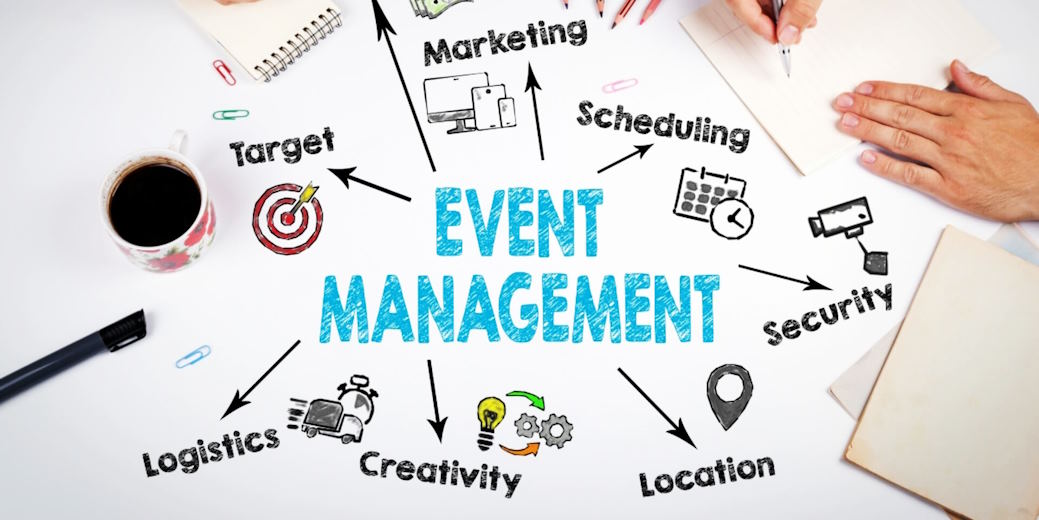Organizing an event can feel overwhelming at first glance. Whether it’s a cozy gathering or a grand corporate affair, knowing where to start is key. A strong beginning lays the groundwork for success, easing the burden of planning stress.
With what steps should I begin?
The next steps will provide a solid basis for organizing a successful event.
Define the Purpose and Goals
Grasping the essence of your event is fundamental to its planning journey. Do you seek to inform, delight, commemorate, or endorse? Articulate precise objectives, whether it’s enhancing brand visibility, fundraising, or nurturing community involvement. These clear aims will steer your planning decisions every step of the way.
Identify Your Target Audience
Knowing your audience is crucial for tailoring the event to their interests and needs. Consider demographics such as age, profession, interests, and preferences. It will influence your choices regarding the event format, content, marketing strategies, and more.

Set a Budget
Establishing a budget early on will help you manage expenses and allocate resources efficiently. Consider all potential costs, including venue rental, catering, marketing, staffing, and contingency funds. A detailed budget will also help you prioritize essential elements and avoid overspending.
Choose a Date and Venue
Select a date that allows sufficient time for planning and is convenient for your target audience. When choosing a venue, consider location, capacity, accessibility, and facilities. The right venue can enhance the event experience and support your goals.
Develop a Project Plan
Develop a thorough project blueprint detailing every task and its respective deadline. Employ project management tools or software to monitor progress and guarantee comprehensive event coverage. Share responsibilities with team members, establishing transparent timelines for each assignment.
Build a Team
Assemble a team of dedicated individuals who can help execute various aspects of the event. Assign roles based on expertise in logistics, marketing, sponsorship, and attendee management. Effective teamwork and communication are key to successful event organization.
Engage with Stakeholders
Maintain open communication with all stakeholders, including sponsors, vendors, speakers, and attendees. Regular updates and engagement can foster strong relationships and ensure everyone is aligned with the event’s objectives.





